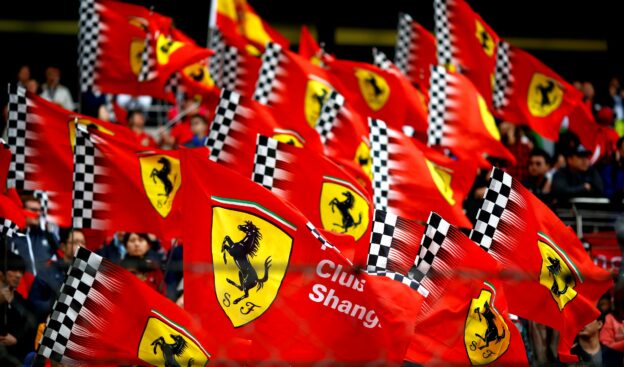Carmakers warn against tearing up engine rules

Dec.11 - If F1 is going to overhaul its engine regulations, it should base the new formula on the current 'power units'.
That is the view of Mercedes and https://www.f1-fansite.com/f1-teams/renault-f1-team-information-statistics/'s respective technical chiefs, arguing that installing a completely new set of rules would be too expensive.
With the earlier plan for 'parallel' regulations dead for now, the manufacturers have instead been tasked with coming up with a new, global solution for 2017 or 2018 that is louder, cheaper and more powerful.
"To save money, you would need to base it on the 1.6 litre turbo V6," said Mercedes' Andy Cowell. "Each new design devours money, no matter how simple you make the new engine concept."
His https://www.f1-fansite.com/f1-teams/renault-f1-team-information-statistics/ counterpart Remi Taffin agrees: "The cheapest way is to maintain as much as possible of the current architecture."
The Frenchman also dismissed any notion that it is a straightforward matter to produce an affordable and simple engine that produces 1000 horse power.
"At 1000hp, we are not talking about simple engines. You can't just buy them off the shelf," Taffin told Auto Motor und Sport.
He added: "If we increase the fuel flow rate and lift the rev limit, we could achieve 1000hp (now)."
But Cowell says increasing the flow rate is not quite that simple, because "Everything will be hotter, must be cooled better and be more reliable. And that costs money."
And he said that tearing up the current regulations and going for something entirely new also risks driving the field apart yet again.
"If we could continue with the current regulations, the differences between the (different) engines would perhaps be three tenths by 2018.
"Every new concept involves the risk that someone comes up with a much better idea. And that could mean a difference of seconds rather than tenths," said Cowell.
✅ Check out more posts with related topics:













LAST 3 F1 Fan COMMENTS